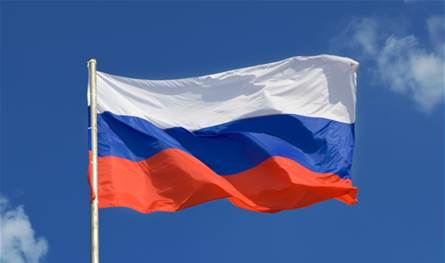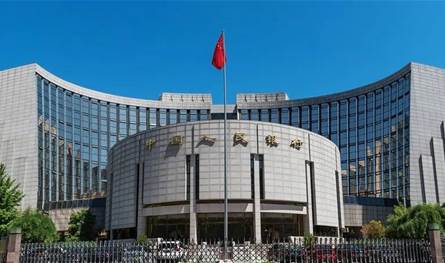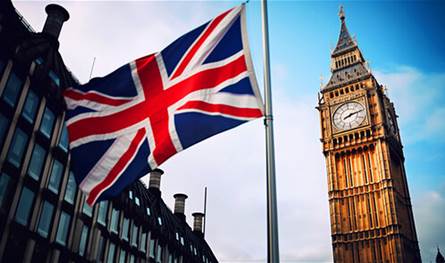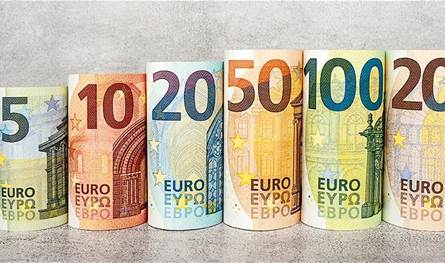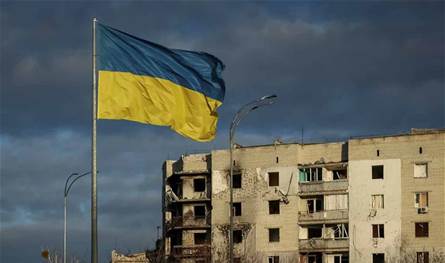What is hidden between Hezbollah and Saudi Arabia

“Libyan Dibita”-Abdullah Qahh
Hezbollah is realistically viewed its political relations, and during its new reign it shows an openness to communication with parties shared by the litigation (except for the United States and Israel). The recent invitation launched by the Secretary -General of the party, Sheikh Naim Qassem, to open a new page with the resistance that is accompanied by a dialogue, was not a passing position or emotion at a moment of political or military embarrassment, but rather a serious path based on an internal conviction that began to work for a while ago.
This path preceded the Saudi -Iranian rapprochement, which was devoted through the “Beijing Agreement” signed by Chinese sponsorship in 2023. On that day, Mr. Hassan Nasrallah was still alive, and at that time he tended to improve the relationship with the Kingdom of Saudi Arabia Saudi Arabia Within controls and foundations. It is said that he launched an internal discussion in the party on this trend, interspersed with in -depth dialogues in the future approach of the relationship with Riyadh.
Meanwhile, Beirut witnessed a clear reflection of this rapprochement through the remarkable development in the relationship between the Saudi ambassadors, Walid Al -Bukhari and the Iranian Mujtaba Amani. Not only did it pay attention to improving relations, but rather to make sure to show them on public social occasions. Perhaps the most obvious of which was that Al -Bukhari did the duty of condolences to the death of former Iranian President Ibrahim Raisi at the headquarters of the Iranian embassy in Bir Hassan, and his sitting alongside the official of international relations in Hezbollah, Mr. Ammar Al -Mousawi. Coordination was also evident in the arrangements for the two ambassadors sitting together during general activities, as well as the Tehran initiative later to Arab tours that were launched from the Saudi portal.
The developments of the seventh of October and beyond came and included or included it to reveal that Israel is continuing in an expansion plan targeting most Arab countries without exception, not only a reaction to an operation for the Palestinian resistance. This newly promoted Hezbollah’s conviction of the necessity of toppling the previous problems with some Arab countries and starting towards a new horizon. This conviction has been more established with the repercussions of the recent war on the party, the collapse of the Syrian regime and the expansion of Israel in Syria, along with the displacement from Gaza and the West Bank, the threat of Egypt, the pressure on Jordan, and the continuous aggression against Lebanon. And it has increased dangerous with targeting QatarAnd, who was not only understood in the context of beating the leaders of “Hamas”, but as a message addressed to the role of Doha and the security of the Gulf in general, within the framework of Benjamin Netanyahu’s plan to extend the “Greater Israel” project.
In front of these variables, which does not need justifications or to obtain the party approval from anyone, it is confirmed when leading that openness and dialogue at the moment of danger are a useful and required choice, not only to understand the trends, but perhaps to cooperate in the face of threats. Hence the words of Sheikh Naim Qassem clearly in his Saudi call to open a new page, as it means “openness” in the party dictionary that exceeded the accumulations of the past with the annoying details it carries.
It is true that Sheikh Qasim was the initiator to the , but his initiative was not a personal or separate from the context, but rather the result of a vital internal interaction in the party, interspersed with discussion episodes and intellectual bridges between his officials and thinkers in his orbit. Although some of the views within the party saw files such as Yemen and Bahrain as an obstacle to openness, but rather expressed a strictness about it, but the “Lebanese” that distinguished the style of Sheikh Naim since his assumption of his mission gave priority to the Lebanese interior over what was other than him.
However, the Iranian influence or the pivotal role of the Speaker of Parliament Nabih Berri cannot be isolated from this path. In a honorary ceremony held on his honor at the end of last week, the Iranian ambassador, Mujtaba Amani, revealed that “the path that the party started is thankful and enjoys full Iranian support.” Also, it is not possible to ignore the role of President Berri, who was a witness to paving this path in the recent days of Mr. Hassan Nasrallah, and today he is pushing strongly towards his appeal with Sheikh Naim Qassem.
In the recent visit of the President of the Iranian Shura Council, Ali Larijani, to Beirut, Berri put forward the idea that Iran supports the party in the path of openness to Saudi Arabia because of the positive repercussions of this to Lebanon, especially on the Shiite scene. Larijani promised the affirmative, and the idea was conveyed to the leadership of the party through diplomatic channels, and it is not a detail that Qasim’s invitation came a few hours after Larijani arrived in Riyadh and his meeting with Prince Muhammad bin Salman, which as a concept has become a preference in dealing with Lebanon from outside the unilateral representation.
Nevertheless, the Kingdom did not close its doors, but rather dealt with the messages received from Beirut. Among the most prominent indications of this is what was reported that Sheikh Naim Qasim issued an internal circular a while ago in which it prohibits any abuse to the Arab countries, especially Saudi Arabia. With the foregoing, the leader close to Sheikh Qasim, Hajj Mahmoud Qamati, confirmed that the party did not consider Saudi Arabia to one day as an enemy state, citing an old visit by Sheikh Qasim to the Kingdom and its meetings there.
These references met with a Saudi understanding, unlike the positions broadcast in Beirut, which does not seem to have a relationship with Saudi Arabia, but rather it is issued or distributed from parties that do not find interest in any rapprochement between the kingdom and the party. And if Riyadh preferred not now a public response to the recent Qasim initiative, that this is related to the front that is supposed to take over the response.
On the sidelines of his visit to Beirut, Prince Yazid bin Farhan preferred a lack of the words of the Secretary -General of Hezbollah, and this is understandable, as long as issues of this type are supposed to be followed up or the comment on it is issued by higher sides.
The post What is hidden between Hezbollah and Saudi Arabia appeared first on 961 tobay Lebanon today.



